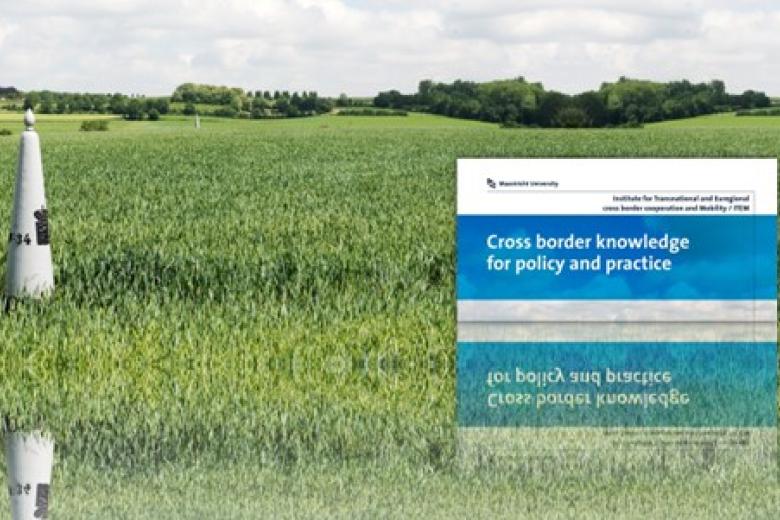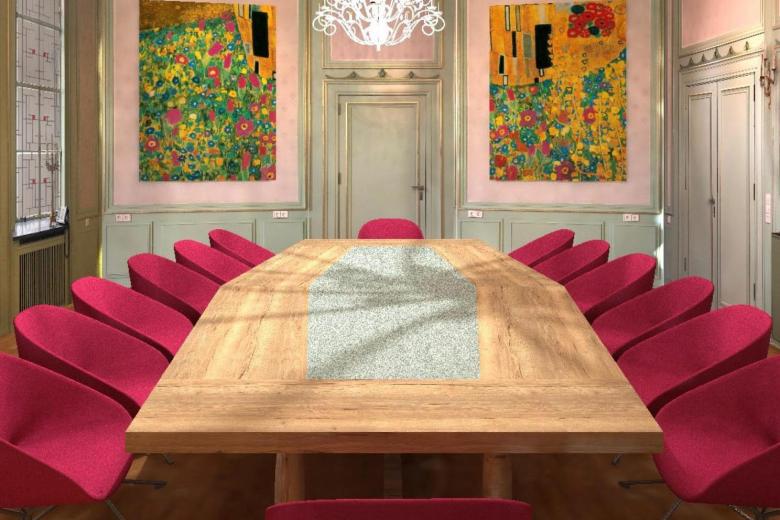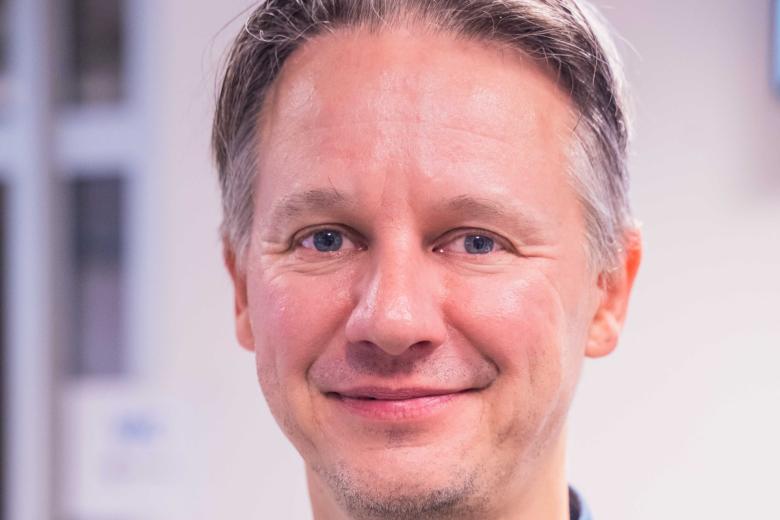Why do perpetrators stay on the right path after mediation?
Maastricht University and the University of Twente are investigating why victim-offender mediation in criminal cases reduces the chance that the perpetrator will commit a crime again. Previous research has already shown that this is true, but why and how is not yet clear. PhD candidate Jiska Jonas-van Dijk is going to research this over the next four years, looking at this practice not only in the Netherlands but also in Belgian Limburg.
The research is being funded by the NWO Research Talent programme. The supervision is in the hands of Prof. Hans Nelen (UM Department of Criminal Law and Criminology), Dr Sven Zebel (UT Department of Psychology of Conflict, Risk and Security) and Dr Jacques Claessen (UM Department of Criminal Law and Criminology). Hans Nelen: “The project is very relevant both scientifically and socially. It gives us the opportunity to study the different stages of mediation practice from close up, using a well-thought-out theoretical model, and also in two countries. The fact that we not only have access to data from the Netherlands, but also have full cooperation from the public prosecutor’s office in Tongeren, gives the project an additional dimension. Because let's face it—restorative mediation has been on the rise more with our southern neighbours than with us.”
Mediation in practice
In Europe, victim-offender mediation in criminal cases is becoming increasingly important. Thus, the Dutch Lower House decided at the end of 2016 to implement mediation in criminal cases nationwide. Mediation contributes to the wellbeing of victims; they can express their emotions, ask questions and settle compensation with the perpetrator. Also, research shows that mediation leads to less recidivism (recurrence of crime) than when a criminal case is handled in the usual way. However, there is still no answer as to why and how mediation reduces the risk of recidivism. Using a model that examines mediation during three phases (before, during and after the meetings), the researcher hopes, among other things, to answer the question of whether or not perpetrators take more responsibility for their actions and are more aware of the negative effects of their actions.
Possible explanation
The second UM co-supervisor, Jacques Claessen, is involved in the implementation of restorative justice practices, including victim-offender mediation, in criminal law. “If you ask me now what the explanation is for the reduction of recidivism after mediation, I would say that it’s because in mediation, the people are the focus, including their emotions and empathetic abilities.” In four years, the researchers hope to have a scientifically substantiated answer.
Also read
-
ITEM continues: Advancing cross-border cooperation and impact
ITEM enters new phase within UM Faculty of Law from 2025.

-
IGIR seminar series
The IGIR seminar series will be launched after the Summer break. Our aim is to offer a nice and friendly environment for staff members and visiting researchers to present their ongoing research.

-
Inaugural lecture Jan Willem van Prooijen
What drives people to embrace radical conspiracy theories, sometimes with far-reaching consequences for society? During his inaugural lecture on Friday 27 June, Prof. Dr. Jan Willem van Prooijen (radicalisation, extremism, and conspiracy thinking) will address this urgent question.
